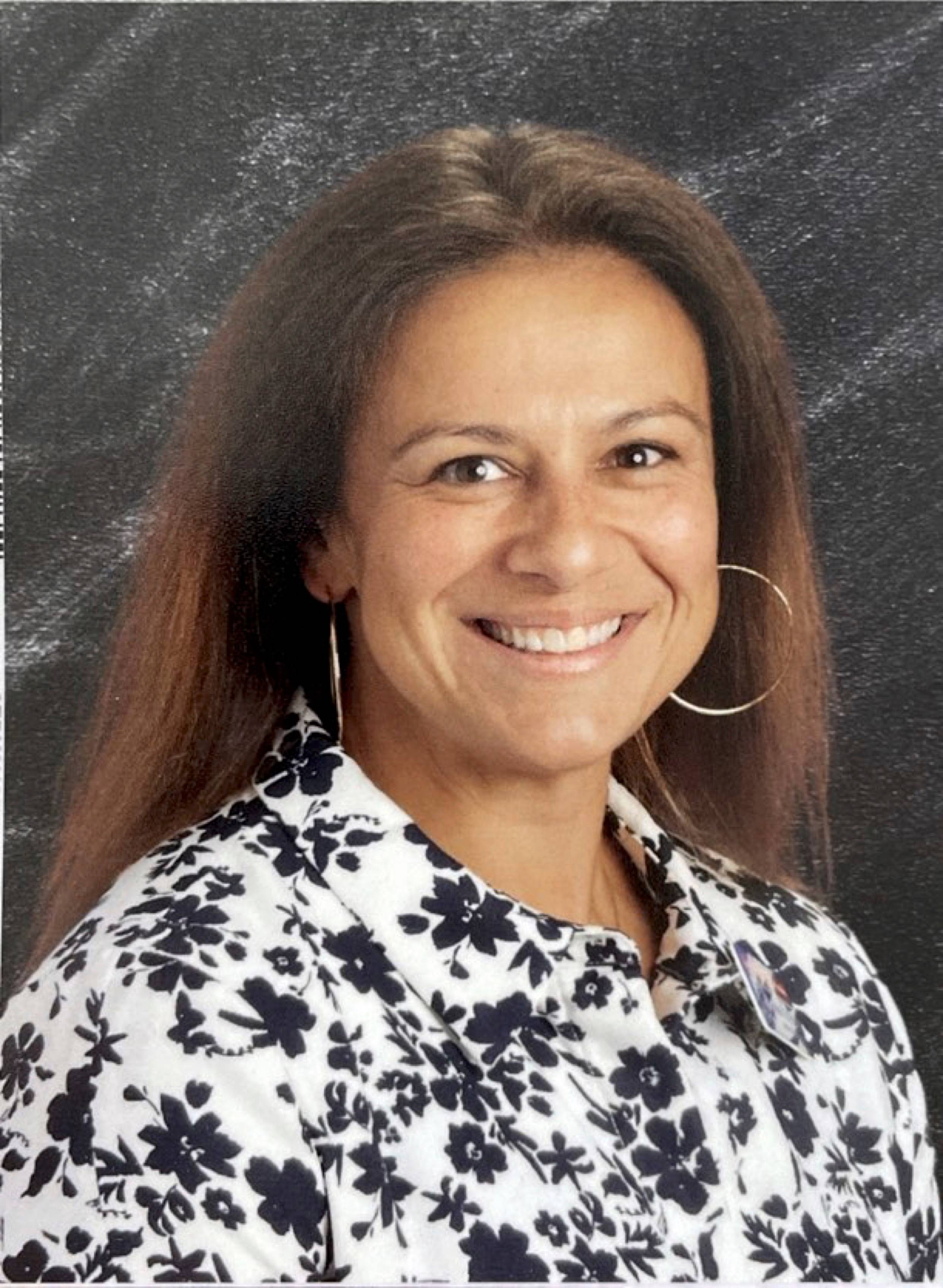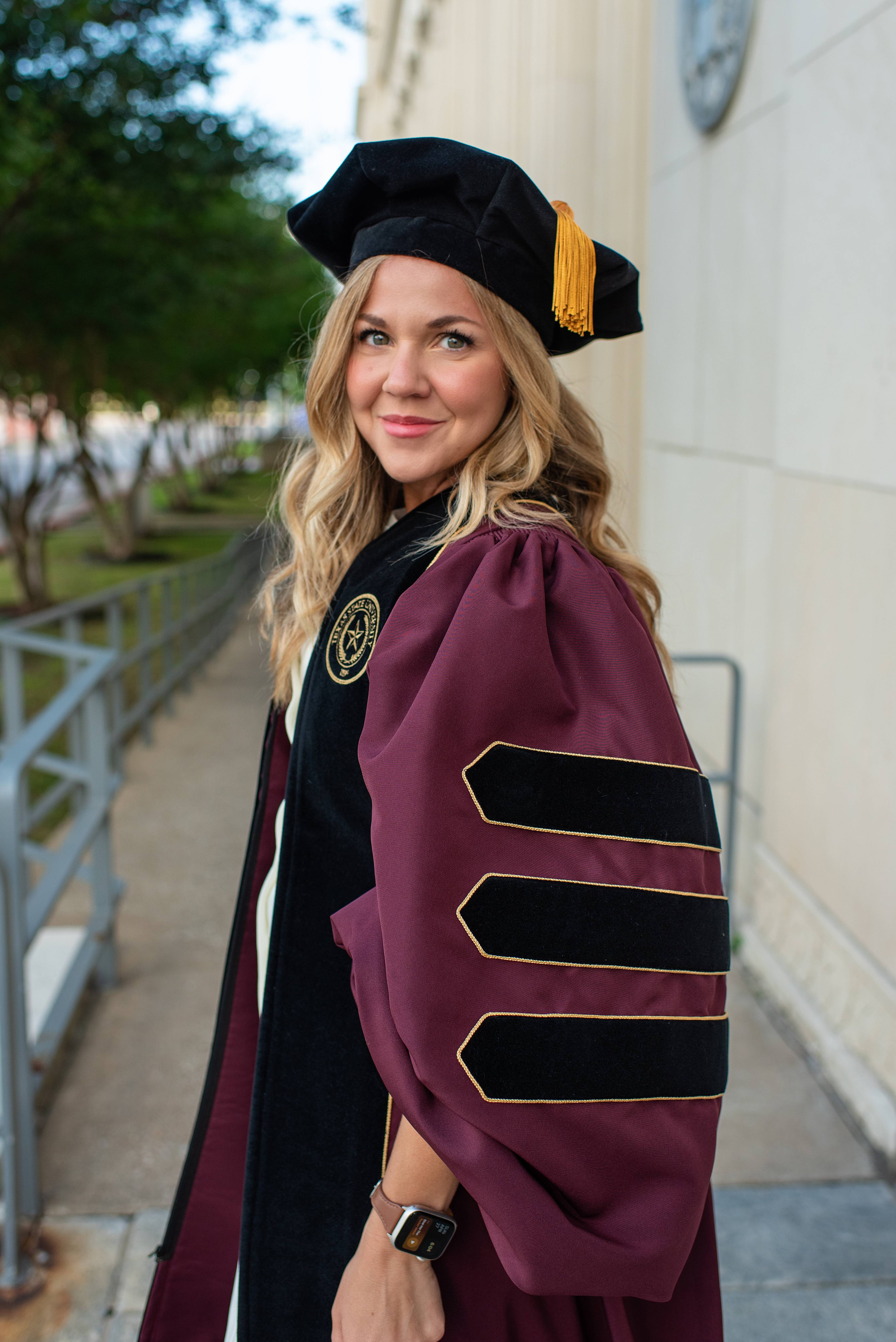Graduates
What advice would you give to prospective students considering a PhD in geography education, based on your own experiences?

As with everything else, the experience is what you make it. My journey through the PhD program challenged and pushed me in ways I never imagined possible, but it is because I wanted a rigorous experience. I am thankful for the knowledgeable professors who pushed me to become a better writer, researcher, and thinker so that I can make meaningful contributions to the field of geography education. - Samantha Serrano
My advice to prospective students is two-fold: be organized and be proactive. The most challenging aspect of the program is balancing our busy lives (job and family obligations) with the rigors of a graduate program. For every class you should organize all of the readings with notes for future reference. You may need these resources when you take the comprehensive exams and/or when you are building your literature review for your dissertation. Take advantage of the university resources such as the Graduate College’s or Alkek Library’s online workshop sessions. Some of these are very helpful in learning new software or techniques for research and writing. Plan early for your dissertation project. Whether it is coordinating through the school where you work or reaching out to an organization, you will need to establish the connections necessary for conducting research with their teachers or students. Finally, make the effort to get to know the other grad students in the program. While networking with other students is always a good idea for career purposes, it is even more important to have the social connection with others going through the same struggles as you. You are not alone and, as educators, we share a mission to lift each other up and offer support throughout this journey. - Lisa Elikan

I found earning a PhD in Geography Education to be incredibly rewarding. Geography is a dynamic field that connects critical global issues, practical skills, and interdisciplinary knowledge, which makes it essential in today's world. If meaningful change is to happen in our education system, it must begin with geography. This discipline can empower students to participate fully in the global society as informed citizens, as well as prepare them for diverse careers. If you are considering a PhD in Geographic Education, I advise you not to hesitate. When starting the journey, I recommend going into the process knowing that it will stretch you intellectually, emotionally, and professionally, but also transform you. You will gain the tools to analyze the world's most pressing challenges and to research actionable solutions. True change requires curiosity, rigor, and persistence. A PhD in Geographic Education equips you to lead that change and to leave the world better than you found it. - Skylar Slaughter Murphy
What was the most rewarding part of your PhD journey?
Aside from taking challenging coursework with very experienced and dedicated professors within the field of geography education, I enjoyed the opportunities to collaborate with my fellow peers on synchronous Zoom calls and when Texas State hosted their geography summits. - Samantha Serrano
The most rewarding part of my PhD journey was the intellectual interaction with faculty and fellow graduate students. Although the program for geographic education is online, there are multiple opportunities to learn from others’ perspectives. For example, many classes have group discussion boards, and my advisor scheduled zoom meetings for her PhD students to discuss research and practice presentations. In addition, there have been summer Leadership Academy sessions for all PhD students to meet in person, network, and expand our resources for learning and teaching in geography. - Lisa Elikan